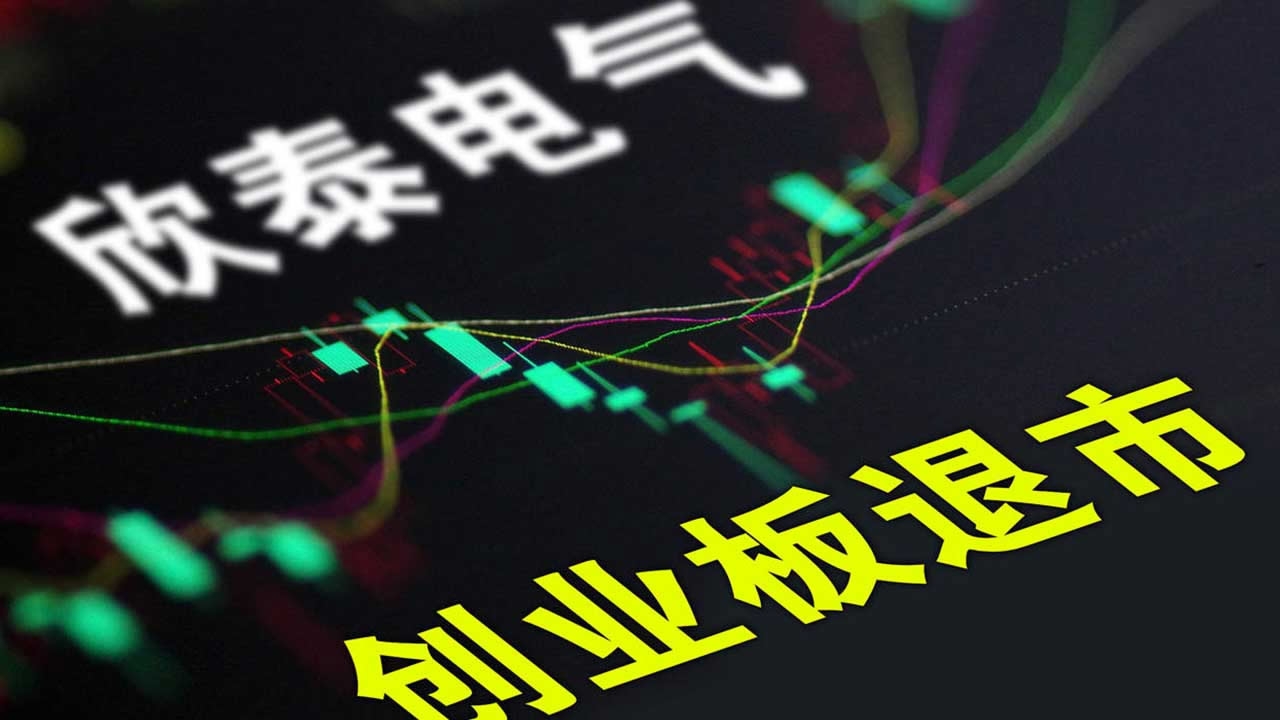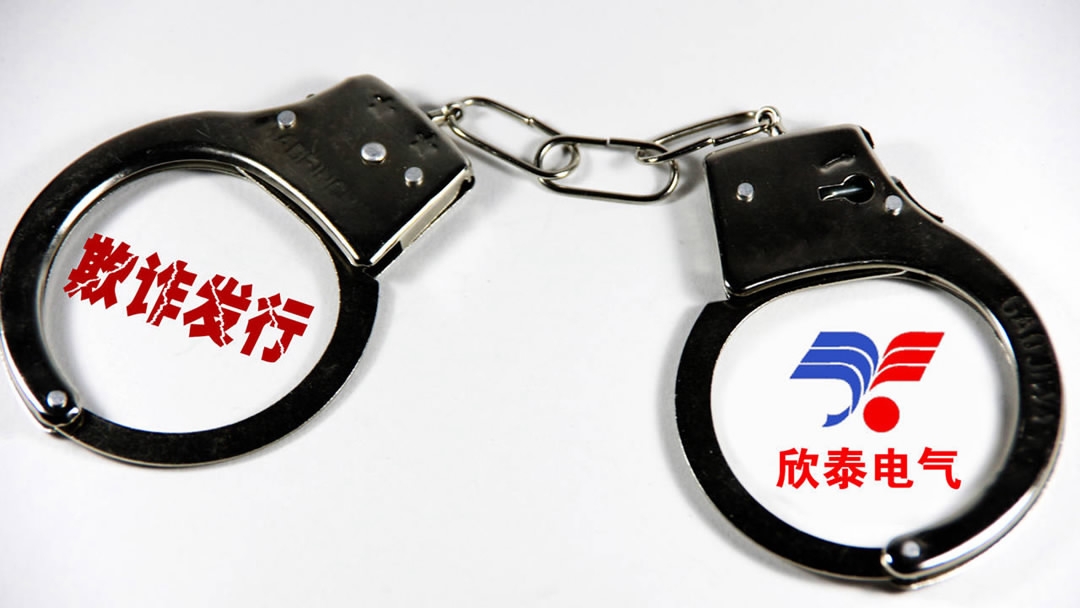
Business
22:00, 25-Aug-2017
Xintai the first company to be delisted for IPO fraud
By CGTN’s Du Zhongyan

A statement from Dandong Xintai Electric said that Friday would be the company's last trading day on ChiNext Board, China's Nasdaq-style board. It marked Dandong Xintai the first company to be delisted from the ChiNext Board.
The announcement came after the China Securities Regulatory Commission (CSRC) issued a notice over the company's falsified information ahead of and after its initial public offering (IPO). The watchdog has detailed its financial irregularities in Xintai's 2013 and 2014 financial accounts, including fraud on accounts receivables and inflated cash flow.
The regulator also added that after the delisting, Xintai's share would be transferred to the over-the-counter National Equities Exchange and Quotations market for trading, and would not be allowed to apply for relist after its delisting – a permanent shift of Xintai away from ChiNext Board.
Moreover, its industrial securities, the sponsors and underwriters of Xintai's IPO, were penalized 30 million yuan (4.5 million US dollars). And its revenue from the listing, worth 33 million yuan (4.9 million US dollars), would also be confiscated.

VCG Photo
VCG Photo
Experts said Xintai’s delisting would be a “cautionary tale” to other companies listed on ChiNext Board.
“Companies listed on ChiNext will be forced out instead of being suspended and required to restructure, if they break any rules,” said Zhang Shiyuan, a researcher from Southwest Securities.
Xintai’s delisting also sounded the alarm that the regulators should “strengthen supervision and regulation, especially in information disclosure of the listed companies,” according to Sun Jianbo, the general manager for Zyuegroup Capital Management.
The news has not aroused much fear. The expert said that since CSRC rolled out new market regulations in 2014, it is not so shocking to see companies listed in A-shares market to be kicked out.
“Data shows, by now, A-shares market delisting rate is less than 0.5 percent. By comparison, New York stock exchange's delisting rate is standing at four percent, and Nasdaq at eight percent. The number is even higher in Britain's stock market – over ten percent,” Sun said.
But analysts still warned investors of the delisting risks as the government is tightening its grip on the financial sector. They also alerted investors to choose stocks based on the company’s value instead of following trend blindly.

SITEMAP
Copyright © 2018 CGTN. Beijing ICP prepared NO.16065310-3
Copyright © 2018 CGTN. Beijing ICP prepared NO.16065310-3